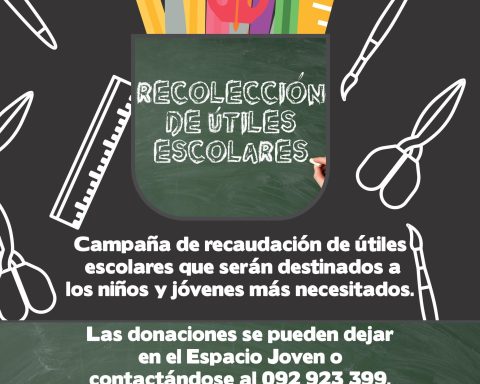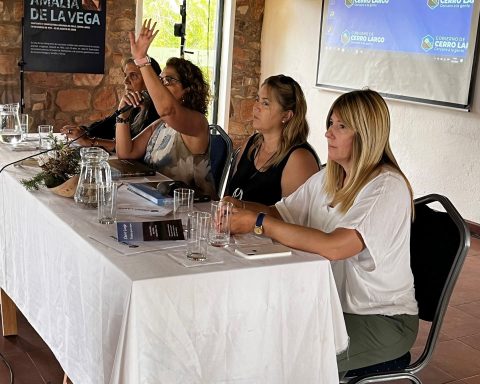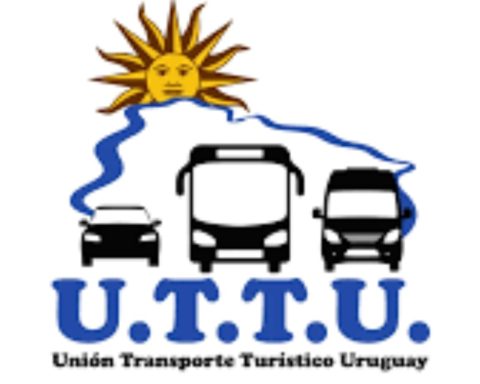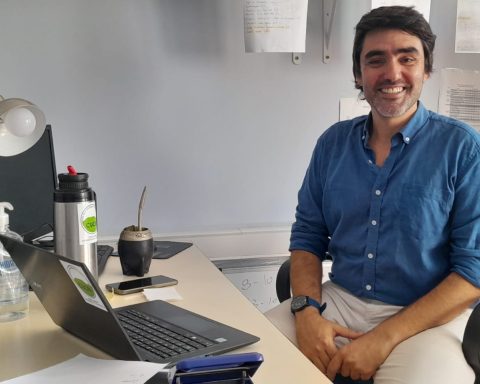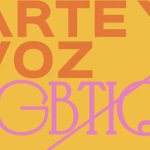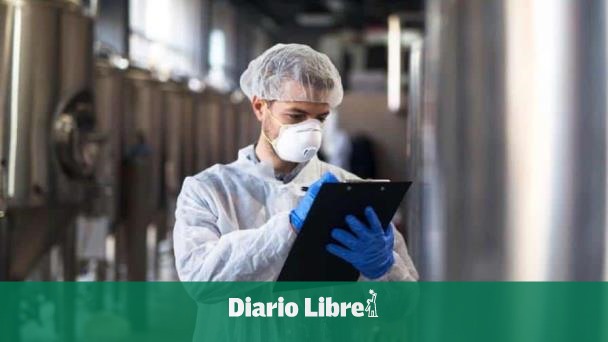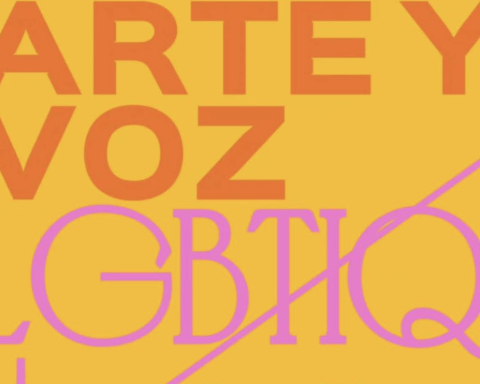With a clothespin I hang my shirts to dry. But I also keep the pack of yerba mate or condiments closed. Or I pinch my pants so the bike chain doesn’t grease them. As a result of a need, I adapted a product that was for something else.
I hardly use cash anymore, but sometimes I can pin it down. But I don’t want to spend it, so I put a thousand dollar bill behind the cell phone, inside the case. If I have an emergency, I use it. If I have a craving, no, because the ticket is “too big”.
With what I had, I put together a “cash access insurance that mitigates the risk of spending on impulse”.
These life hacks or tricks are often observed and shared amid laughter and exclamations of friendly admiration, then forgotten. The anecdote is not given much importance.
I turned on the radar
For the innovation process, these tricks are important because they can indicate that something is missing and that the user made it himself, with what he had on hand.
These are the adaptations. And it is important that you have the radar on to see them, to ask about them, not discard them and see what they are pointing to.
They can also indicate that the customer buys something from you but uses it in a different way than you thought.
Do you know exactly how your customers use your products or services? Investigate. It may be that you find unforeseen uses and that gives you new ideas to bring to market.
It’s not noise, it’s data
For that, observe and ask, and become a curious collector of adaptations.
Someone who turned a drawer and sat down, and from there sells at his stall. People who use bus drivers as information centers. Or the newsstand that is near the stop, who knows all the buses that pass by, and where they go. Instead of saying “how weird people are, heh heh” or even worse “so stupid, why don’t you use an app for that?”, look at what’s happening.
The person may not want to take out the cell phone because they fear it will be stolen. Or the information is not so comfortable. Either he has numb hands, or he has difficulty seeing, or he has little time to decide which bus to take. So, the best “service” you have at hand is to ask the driver standing on the street.
It can also happen with services. For example, I can have more than one bank account and pay different things from different accounts, because “my head sorts it out.”
Actually I could have just one and keep the record in a file or a notebook, but it works better that way, even if it seems irrational. I look at the balances of the various bank accounts, and it gives me a sense of where I stand and a sense of (hopefully) control.
And if it seems irrational, it probably is. Which doesn’t mean it’s not real. We adapt things to our comfort, which is not only physical and logical, but also emotional.
So pay attention to how your products and services live in the jungle of reality and find these “anomalies”. You can learn a lot.
Write them down, think about how you can take advantage of them to innovate. And while you put them together with a clothes stick so you don’t lose them.


